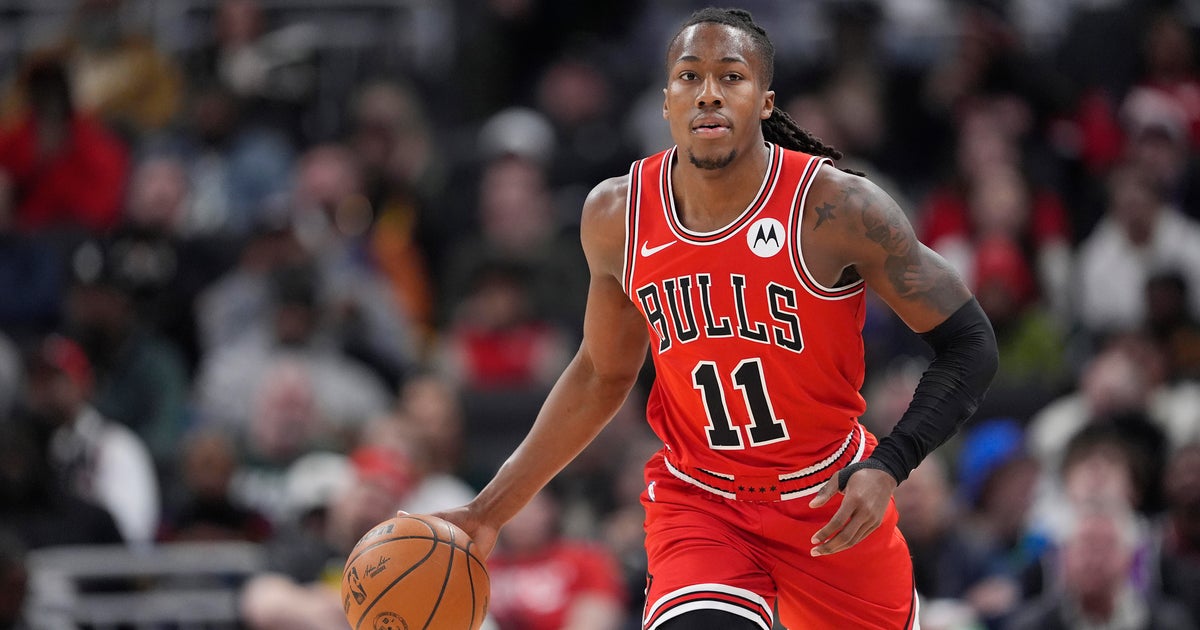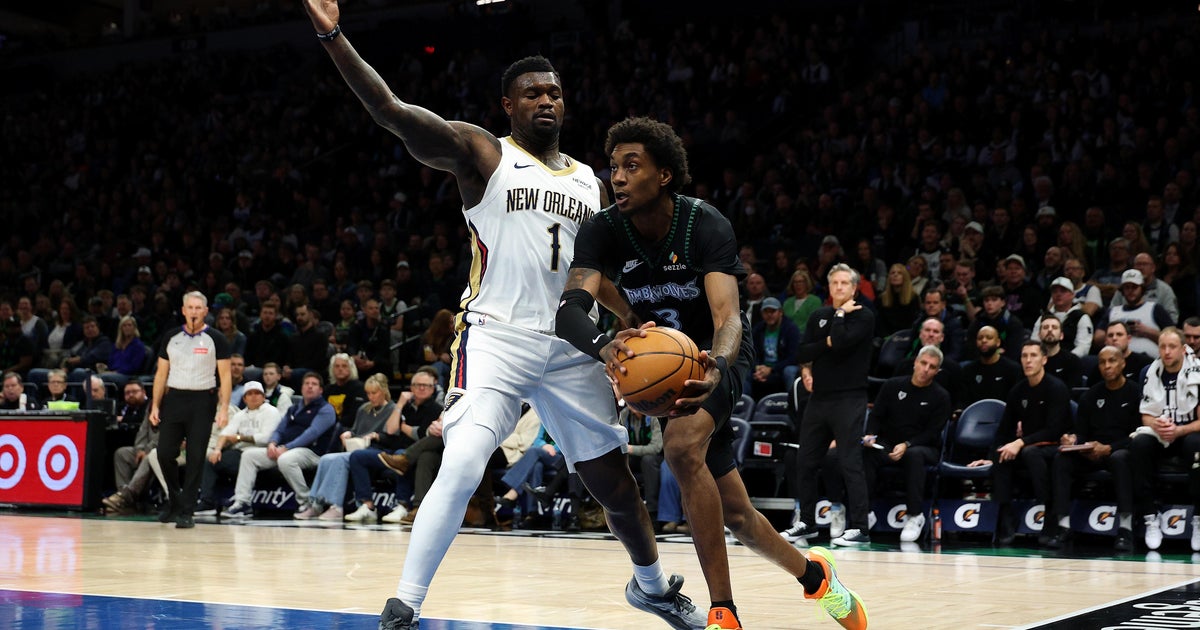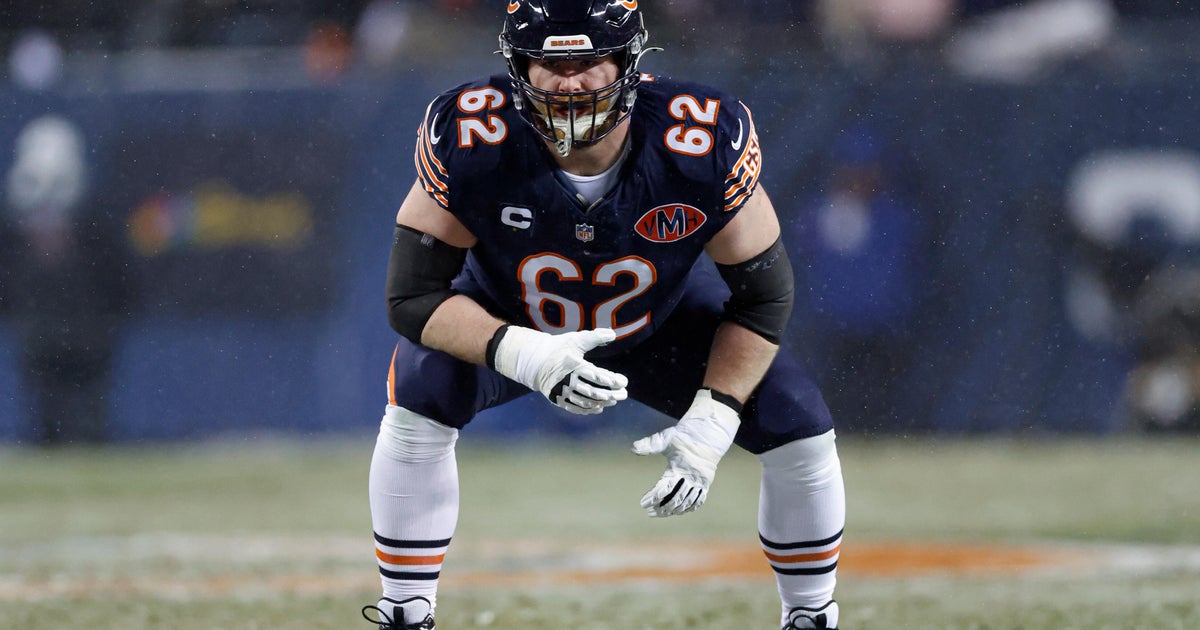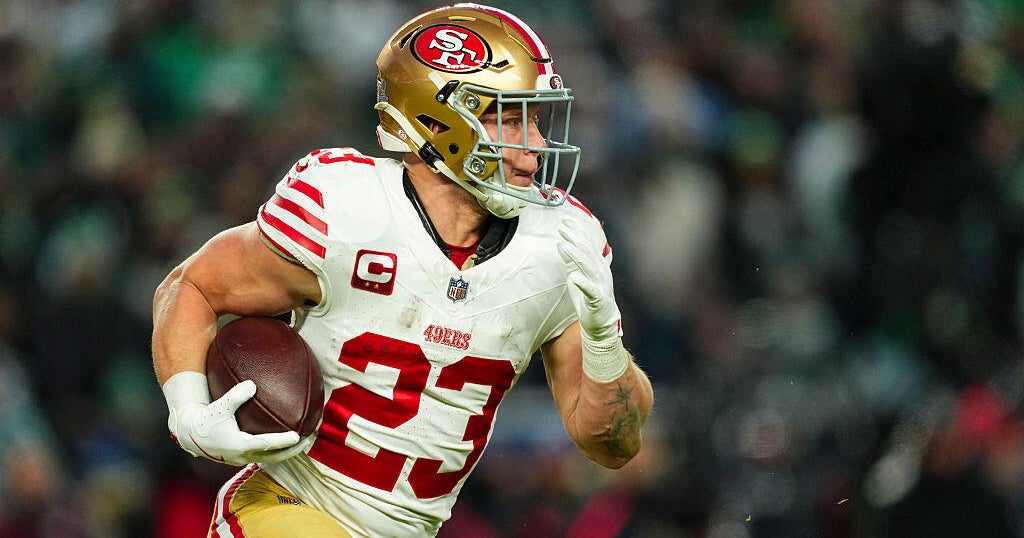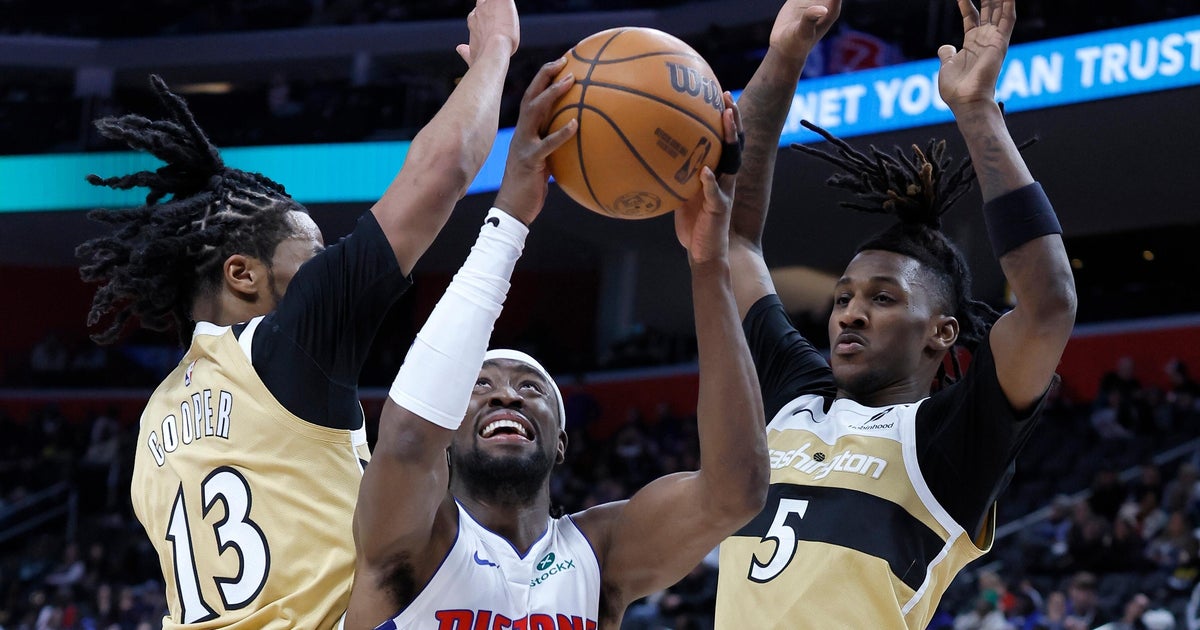Bernstein: MLB, NBA Share 'Regular' Problem
By Dan Bernstein-
CBSChicago.com senior columnist
(CBS) Both 162 games and 82 games have become too many, for almost opposite reasons and with no good solution to the respective problems that have evolved.
Pro sports in big cities are about winning titles – the entire organizational mission focused on earning the parade, the commemorative-edition souvenirs, mayoral proclamation and showers of champagne and confetti. Hang the banner, unveil the statue.
Everything else, including spring training and preseason and now even the many months of regular-season action, is more about the destination than the journey. But when we examine the respective cases of MLB and the NBA, the arguments for a shorter season are made quite differently to reach a similar conclusion.
It takes every one of those 162 baseball games to determine the best teams. An individual sport that masquerades as a team sport, baseball is the amalgamation of small outcomes over long periods and large sample-size probabilities, diffusing the significance of multiple high-leverage moments over time. The teams with the best record after six months are the best teams, regardless of who is remembered as the ultimate champion of the increasingly randomized playoff tournament.
October baseball is a tacked-on secondary activity, in many ways unrecognizable in strategy and approach. As noted meticulously by such analysts as Joe Sheehan, the inherent uncertainty of one-game play-ins and short series makes the concept of variance the fundamental difference, but there's more. The time between games obviates the value of a deep starting rotation or bullpen, allowing for double the use of ace starters and shutdown late-inning flamethrowers, while the best offensive players still have to wait their turn. A roster built to endure and overcome the past six months becomes less important than simply maximizing top pitching.
Indeed, MLB teams are now being constructed to combat variance. Knowing the amount of dumb luck involved in winning the World Series, the philosophy is geared toward giving a team as many spins of the Wheel of Fortune as possible. Modern general managers speak of "sustained success" and regularly reaching the playoffs, aware that so much after that is beyond their control.
Sheehan made the case for a shorter regular season to accommodate expanded playoffs that decrease randomness, even if slightly. "Once you accept that the relative standing of the regular season and postseason have permanently changed, what's the point of playing that many?" he wrote. "Look at what happens to game attendance in September and a 144-game slate, even a 132-game season, starts to look practical. If the regular season merely exists to advance teams to the tournament, give the tournament more real estate."
The NBA faces a different issue with its regular-season slog, since all those games have grown into a nuisance for the title contenders well identified from the moment the rosters are known. If your team contains at least one future Hall of Famer, and he's still young and healthy enough to perform at the peak of his abilities, you are in the hunt for a ring.
This isn't baseball, where the best hitters get the same four plate appearances as the bums and your ace pitches every fifth day. This is deployment of your top weapons for 35 minutes of every 48, the first and second option of every offensive set and — if needed — the critical defensive assignments, too. NBA ball is not democratic.
That is to say it also has far less variance, at any point in any game or season. The huge number of possessions, low number of players involved in the action and control over who has the ball remove so much of the guesswork. In most years, we can practically write in the conference finalists if we assume enough good health.
And that's the problem. November through mid-April in the NBA has become an injury-avoidance contest, with the smartest of the material teams planning rest for key players to decrease wear and tear and managing the load of minutes to ensure that they are properly tuned up for games far more significant. And that's not even considering the possibility of traumatic injury, with one odd twist of a knee or one bad landing ending all hope.
Players and coaches both have been vocal about trimming the schedule, with Mavericks star Dirk Nowitzki suggesting 20 games get lopped off and the Heat coach Eric Spoelstra saying flatly, "I think there's too many games."
Most strident, however, was LeBron James.
"It's something that we will definitely have to sit down and try to figure out," he told reporters last week. "It's the games that I think we all as players think is too many games in our season -- 82 games is a lot."
Because for both sports, it's all valuable inventory for ticket sales and television ads. Until there is economic incentive for owners – and by collectively bargained revenue-sharing agreements, the players – to truncate the season in either league, baseball will still have a too-lucky champion and basketball will have six months of nervous caretaking.
Dan Bernstein is a co-host of 670 The Score's "Boers and Bernstein Show" in afternoon drive. Follow him on Twitter @dan_bernstein and read more of his columns here.


